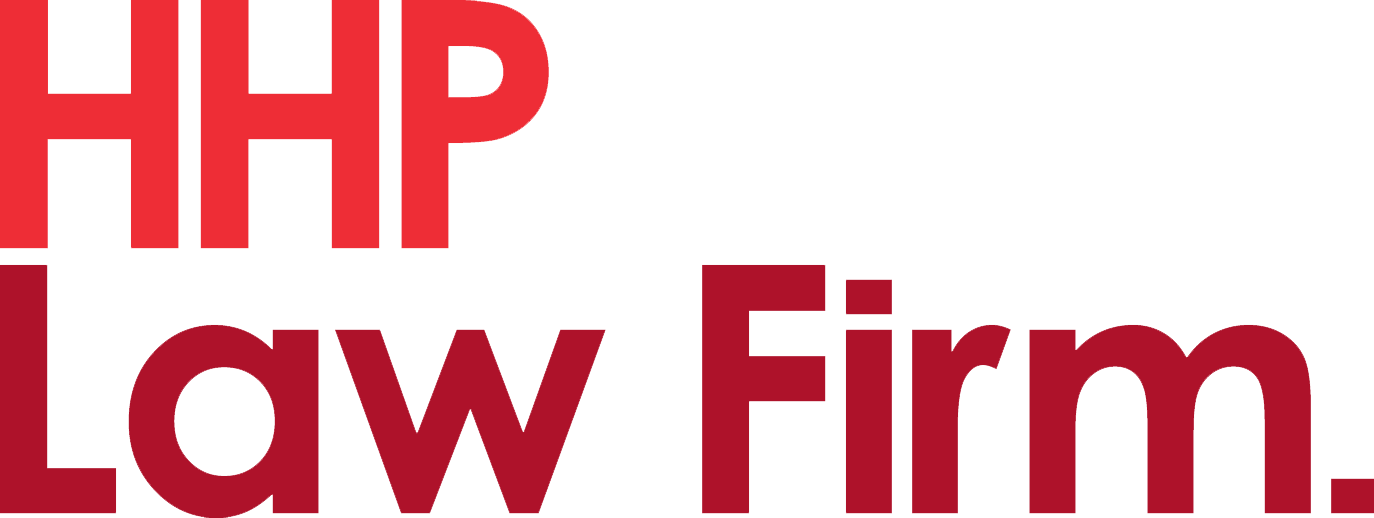In brief
As a general rule on customs valuation, there are certain types of costs that should be added to the customs value. But sometimes the costs cannot be determined at the time of import (or at the time of import declaration). Thus, in 2016 the Indonesian Minister of Finance (MOF) issued MOF Regulation No. 67/PMK.04/2016 on Voluntary Declaration of Customs Value for Import Duty Calculation (“MOF Regulation 67“), which introduced ways to declare and pay those costs in the form of a voluntary declaration and voluntary payment mechanism.
However, to provide legal certainty and improve compliance in relation to the mechanism of voluntary declaration and voluntary payment of customs value, the MOF issued a new regulation on voluntary declaration and voluntary payment, i.e., MOF Regulation No. 201/PMK.04/2020 (“MOF Regulation 201“), which came into force on 16 February 2021, and revoked MOF Regulation 67.
Although MOF Regulation 201 has been effective for about two years, considering its practical implications and relevance to the recent significant increase of import transactions in Indonesia, we would like to elaborate on this particular regulation.
In more detail
Key takeaways
MOF Regulation 67 stipulates that the types of costs that can be declared in the voluntary declaration are futures prices, royalties and proceeds. Subsequently, MOF Regulation 201 updated the provision by adding the following costs:
- Transportation costs (Freight)
- Insurance costs (Insurance)
- Assists
Voluntary declaration
Voluntary declaration may be carried out if the price that should be paid and/or the costs and/or the value that should be added to the transaction value cannot be determined when the import customs declaration is submitted. The voluntary declaration should include the component costs that should be added to the customs value, e.g., future price, royalties, proceeds, freight costs, insurance costs, and assists1.
Settlement date
- For future prices, the settlement date is extended to a maximum of 90 days from the date of import declaration (PIB) registration.
- For the value of royalties, proceeds, assists, freight and insurance, the settlement date should be no later than 365 days after the PIB registration date.
Conditions for voluntary payment of customs valuation
Importers should attach the documents that contain the estimated value, as follows:
- Written contract settlement date
- Other agreement documents based on real evidence or objective and measurable data
When the settlement date is approaching, all importers should recalculate the import duty and taxes on the following costs: futures price, royalties, proceeds, freight costs, insurance costs, and assists.
Having said that, import duty and taxes paid at the time of voluntary declaration should be deducted from the result of recalculation of import duty and taxes.
In any event, the result of the calculation above should identify whether there is an underpayment or if the correct amount of import duty and taxes has already been paid.
Conditions for voluntary payment of tariffs, quantity and transaction value
These voluntary payments may be made before the re-examination or customs audit is done by Customs officials under the following conditions:
- Voluntary payment on transaction value
Only importers that qualify as low-risk producer importers, main customs partners (MITA) or authorized economic operators (AEO), importers who obtain a restitution and exemption on import facility for export purposes (KITE), and independent entrepreneurs in bonded zones2 may be eligible to make voluntary payments on the transaction value.
The transaction values that can be paid voluntarily include underpayment of duties and taxes due to typos in declaring the customs value in the PIB (provided that the actual value can be justified by customs supporting documents).
- Voluntary payment on quantity
Only certain importers ( i.e., the types of importers who can make voluntary payments on transaction value as mentioned above) may be eligible to use the voluntary payment on quantity.
Voluntary payment on the quantity of imported goods can be made if the importer notices there was an excess of quantity at the time of importation.
- Voluntary payment on tariff
Voluntary payments can be made by importers, entrepreneurs in free trade zones, and entrepreneurs in bonded stockpiling areas on underpaid import duty and taxes as a result of a difference in the imposition of tariffs. For example, for an import duty and taxes underpayment caused by a difference of classification and/or imposition of Most Favoured Nation (MFN), User Specific Duty Free Scheme (USDFS), antidumping, countervailing, safeguard, and retaliation duty.
Impact on importers
In general, certain importers can re-calculate and make voluntary payments on the transaction value, tariff and quantity as a form of self-assessment, without first making a voluntary declaration. Further, the new procedures for voluntary payment are likely to have the following implications for importers:
- Voluntary payment on quantity and transaction value mechanism
These mechanisms are only applicable for importers that qualify as low-risk producer importers, importers holding the status of MITA or AEO, importers that receive restitution and exemption on import facilities for export purposes (KITE), and independent entrepreneurs in bonded zones. Other types of importers are not eligible to make these types of voluntary payment.
- Settlement date for voluntary payment on customs valuation mechanism
In essence, importers should be able to determine the settlement date for voluntary payment on customs value at the time of importation (when they make the voluntary declaration). Subsequently, when the settlement date is approaching, importers should recalculate the import duty and taxes, i.e., futures price, royalties, proceeds, freight, assists, and insurance costs, and pay the differences in the import duty and taxes.
- Rights and obligations of importers after recalculation of import duty and import taxes
If there is an overpayment of import duty and taxes, the importer can submit an application for restitution no later than seven days after the settlement date. In any case, the importer may submit a report with supporting documentation no later than seven days after the date of settlement if there is no discrepancy.
- Administrative Sanctions
MOF Regulation 201 adds provisions stipulating that Customs officials are authorized to conduct a re-assessment or customs audit on the use of voluntary declarations and voluntary payments. If there is an underpayment of import duty and taxes due to a mistake in the customs value and quantity declaration, then the administrative sanctions in the form of fines will still be imposed following applicable customs regulations. Therefore, importers should still anticipate re-assessment from the Customs officials that results in underpayment of import duties and taxes. In any case, there should be no fines for an incorrect tariff classification declaration.
1 Assist means the value of goods and services supplied directly or indirectly by the purchaser free of charge or with a discount price, for the interest of production and sale for the export of the imported goods, insofar as the value is not included in the price actually paid or in the price that should be paid
2 In Bahasa Indonesia: Pengusaha Kawasan Berikat Mandiri
* * * * *

© 2023 HHP Law Firm. All rights reserved. HHP Law Firm is a member firm of Baker & McKenzie International. This may qualify as “Attorney Advertising” requiring notice in some jurisdictions. Prior results do not guarantee a similar outcome.



